The South China Morning Post reported yesterday (September 13) that Mr. Xie Feng, Chinese Ambassador to the US, just gave a speech on the occasion of the 45th anniversary of the normalization of relations between the two countries. Speaking via video at a conference of the Asia Society (in New York, USA) on September 12 (local time), after some polite words, Mr. Xie outlined four red lines with the US: Taiwan, democracy, human rights and the freedom of development of China.
New move by the US
On the same day, September 13, international media reported that the US House of Representatives had just passed a series of bills to counter China's influence and ensure the US stays ahead in the competition between the two countries.
The bill would ban Chinese-made unmanned aerial vehicles (UAVs), restrict access to the US market for biotechnology companies with links to China, and increase sanctions against China. Both US parties remain broadly in agreement on containing China. In response to the bill's passage, the Chinese Embassy in Washington said the measures would harm bilateral relations and US interests.
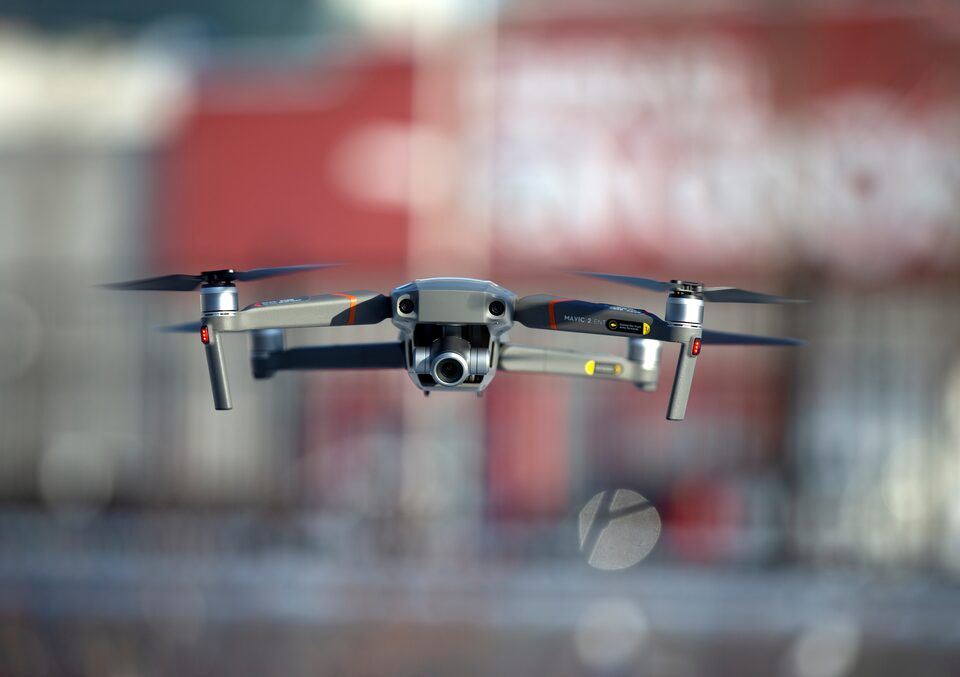
DJI's UAVs are dominating the global market
Also included in the above bills, the US House of Representatives passed a bill banning new lines of DJI (China) UAVs from operating on US networks, as they are considered "unacceptable risks to US national security". This bill was passed on the grounds of protecting Americans' data and critical infrastructure, Republican Congresswoman Elise Stefanik, who introduced the bill, emphasized that the US Congress must use all tools to "prevent China's monopoly control over the UAV market".
DJI, meanwhile, argues that users have the right to choose whether or not to share data like flight logs, photos, and videos with DJI. If users choose not to share, DJI has “no data to share” under any government request.
Speaking on a Bloomberg program broadcast on September 12, expert Yun Sun, Director of the China Program at the Stimson Center (USA), commented that China will suffer losses no matter who wins the US presidential election this year. According to this expert, US Vice President Kamala Harris can continue the policy of controlling high-tech exports, while if former US President Donald Trump, he can also promote the trade war with China.
Many big concerns from DJI's UAVs
Responding to Thanh Nien , Dr. Satoru Nagao (Hudson Research Institute, USA) pointed out 3 reasons why the US House of Representatives voted to ban DJI's new UAV lines from operating in the US.
The first is commercial. DJI has a huge influence in the UAV market, accounting for 79% of the global market share and 54% of the US market share in 2023. Therefore, the new regulation makes it impossible for DJI to sell UAVs in the US, opening the way for other companies to replace DJI.
Second is security. In 2017, the Chinese government passed the “National Intelligence Law,” which requires Chinese companies with operations abroad to hand over data to the Chinese government. Therefore, it is possible that information collected by DJI UAVs will be shared with the Chinese government.
Third is the military, as recent conflicts have shown that UAVs play a significant military role. Typically, in the recent conflict with Armenia, Azerbaijan gained the upper hand and almost won thanks to UAVs. In the Ukraine conflict, both Russia and Ukraine used UAVs. On the battlefield, many types of UAVs, from small to large, as well as short-range to long-range, are used in a variety of ways to collect information and even attack. Therefore, if Chinese UAVs expand in the US market, it can limit the development of US UAVs in the domestic market, affecting military strength. For this reason, the US needs to eliminate large Chinese companies and re-establish the UAV industry as soon as possible.
It is likely that similar moves against DJI UAVs will soon follow in other countries that share the same views as the US.
Netherlands tightens ASML on supply of materials to China
According to Reuters, the Dutch government recently required ASML to be licensed when supplying spare parts or software updates for computer chip manufacturing equipment it had sold to China. ASML is the world's number one supplier of photolithography machines - key equipment used in chip manufacturing. Recently, ASML was banned from supplying new generation photolithography machines to China.
Source: https://thanhnien.vn/thuong-chien-my-trung-them-gay-gat-185240913223523096.htm


![[Photo] Joy on the new Phong Chau bridge](https://vphoto.vietnam.vn/thumb/1200x675/vietnam/resource/IMAGE/2025/9/28/b00322b29c8043fbb8b6844fdd6c78ea)
![[Photo] The 4th meeting of the Inter-Parliamentary Cooperation Committee between the National Assembly of Vietnam and the State Duma of Russia](https://vphoto.vietnam.vn/thumb/1200x675/vietnam/resource/IMAGE/2025/9/28/9f9e84a38675449aa9c08b391e153183)
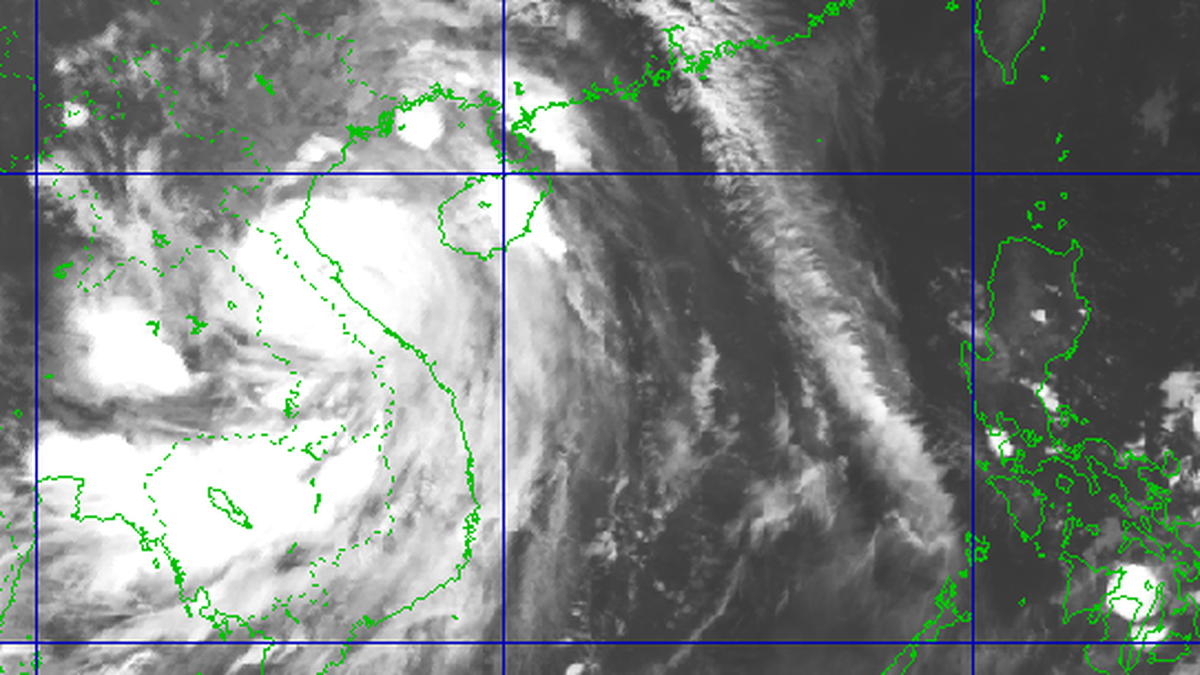
![[Photo] High-ranking delegation of the Russian State Duma visits President Ho Chi Minh's Mausoleum](https://vphoto.vietnam.vn/thumb/1200x675/vietnam/resource/IMAGE/2025/9/28/c6dfd505d79b460a93752e48882e8f7e)


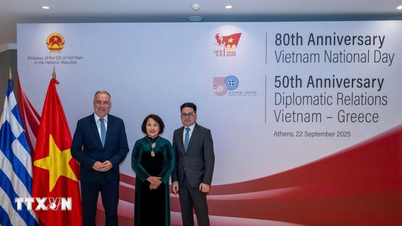


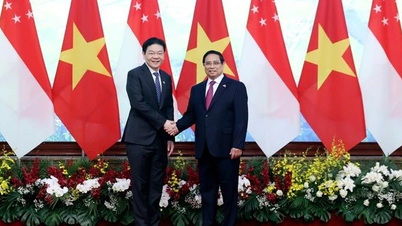











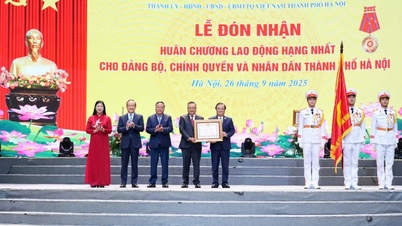





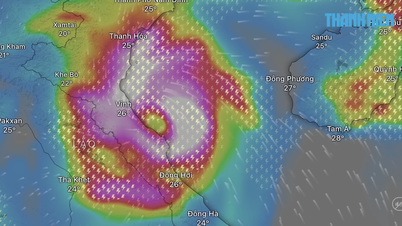


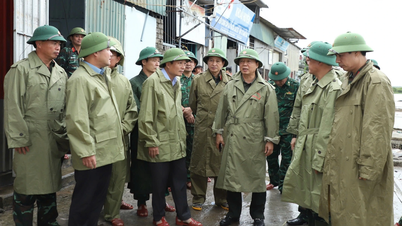






















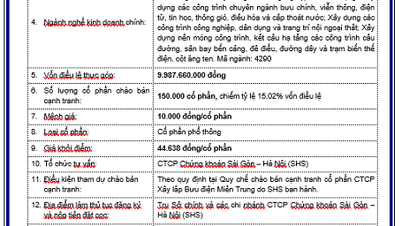

























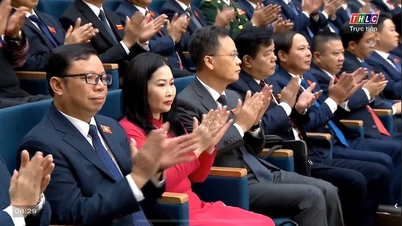

















Comment (0)